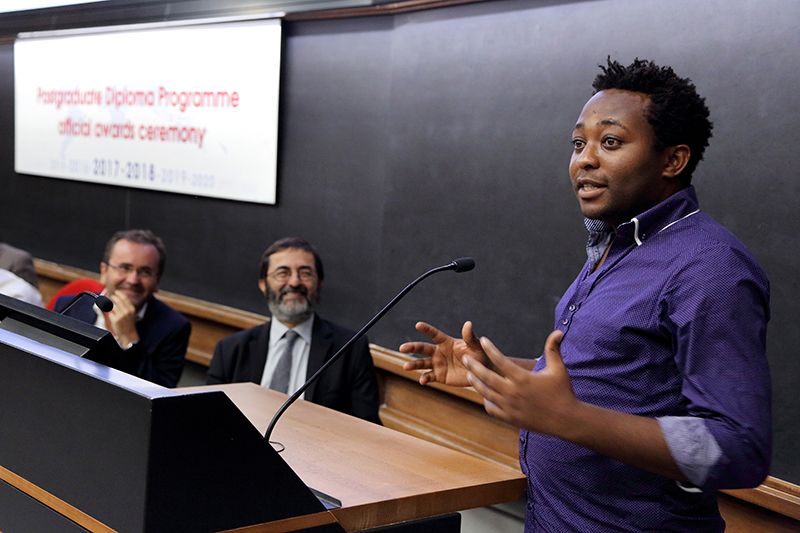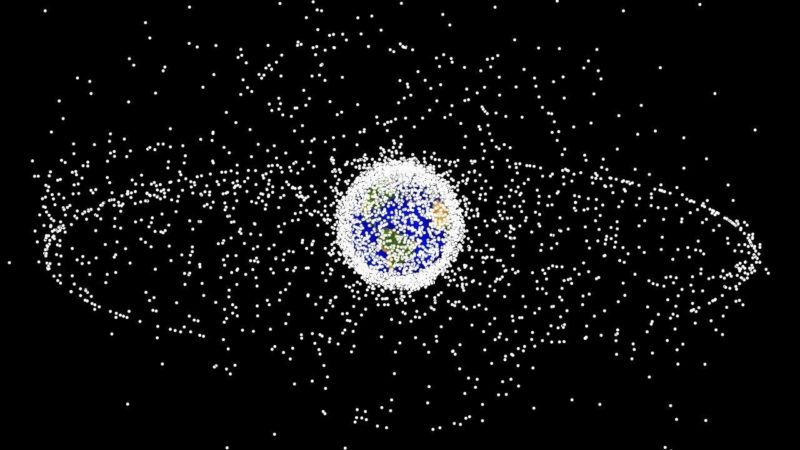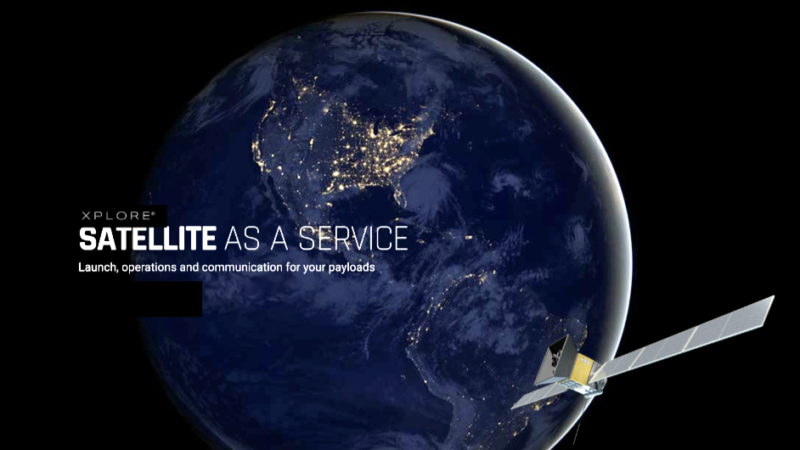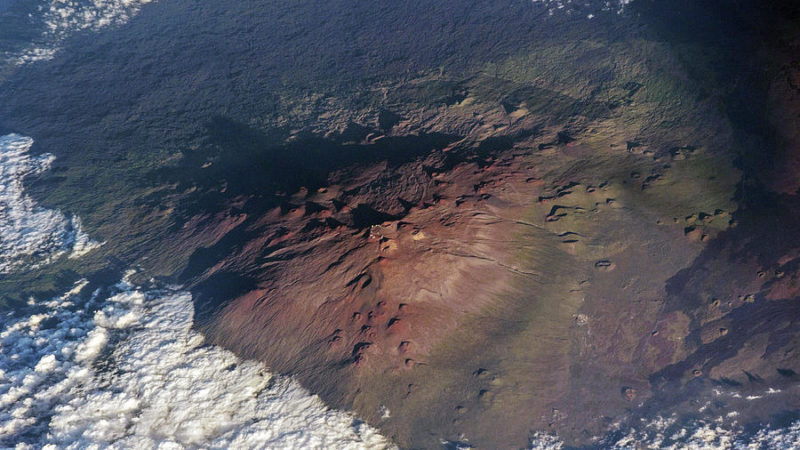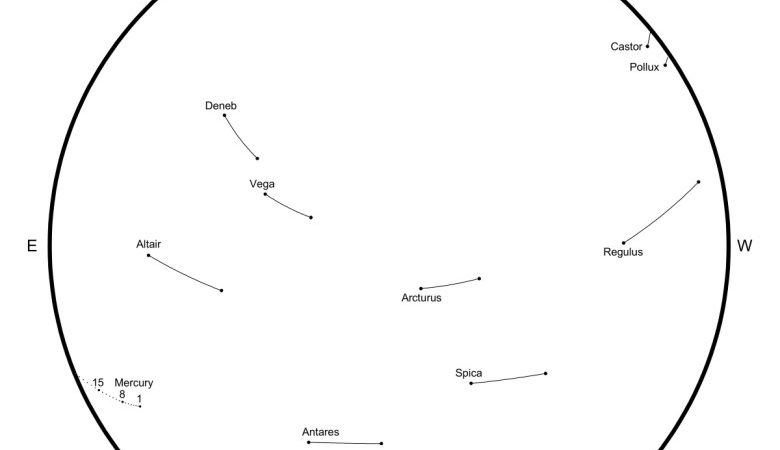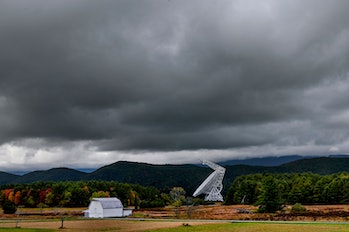Meeting the challenges of research across Africa – Nature.com
Any global perspective on the future of science must include Africa, home to 1.3 billion people and some of the planet’s most abundant resources, both physical and intellectual.
Nature spoke to seven African researchers about their careers and their vision for science on the continent. Some had attended the inaugural Young African Scientists in Europe conference in Toulouse, France, in July 2018. The first Young African Scientists in North America event takes place in Montreal in May 2020.
Whether they stayed in their home countries or moved for work and study, they share a belief that Africa has vast potential to go with its challenges.
SALMA SYLLA MBAYE: From Senegal to the stars
PhD student in astronomy at Cheikh Anta Diop University, Dakar.
In 2017, I became the first astronomy PhD student in Senegal. I’ve been fascinated by stars and space ever since secondary school, but I had never really thought about pursuing a PhD because I didn’t know anyone who had even tried. I had a meeting with Katrien Kolenberg, an astrophysicist from the Catholic University of Leuven in Belgium who visited Senegal for an international gathering of physicists, and she inspired and supported me to pursue astrophysics. My PhD programme is created in part by the Africa Initiative for Planetary and Space Sciences, a continent-wide effort to promote astronomy and related research.
A lot of students in Senegal are interested in science and astronomy, but they don’t have the access to telescopes, computers or learning opportunities to pursue those interests. Apart from a few guest lecturers, astronomy isn’t even taught at the undergraduate level. But the outlook is improving. In 2018, Senegal was involved in a historic step in the exploration of the Solar System. NASA sent a team of astronomers and telescopes here to work with local scientists to observe a distant asteroid from the Kuiper belt as it passed in front of a star. Senegal was in the right place to view the ‘stellar occultation’, and it’s also a relatively stable country with dark skies. That event got a lot of young people excited about astronomy.
An observatory is now under construction in Dakar, which is a huge step forward for Senegal. I want to be a part of the future of astronomy in my country. I want to help develop a network of local and international astronomers who can share information and training, and create skills. We need better organization and more collaboration with other African countries or international partners. We can do more.
PANKYES DATOK: Study abroad to tackle challenges at home
PhD student in hydrology and biogeochemistry at Paul Sabatier University, Toulouse, France.
I’m studying carbon inputs and other human impacts on the Congo River basin, the second-largest basin in the world. It is an incredibly important watershed for people, and has a diverse array of wildlife — and it’s under threat. Although a general environmental awareness is gradually creeping into Africa, there’s a long way to go. Standards for pollution control remain very low. I’ve seen oil spilt directly into the water, but we don’t have the tools to measure the impact of these spillages.
You need hydrological data to do any sort of water-resource planning, but we lack even the most basic details, such as water flows and temperatures. We just don’t have the water gauges and other scientific infrastructure. And with all of the fighting and political strife in the Congo basin, it’s a dangerous place for researchers. I just had to cancel a trip to the river because the authorities in the Democratic Republic of the Congo were concerned for my safety.
I still go back to my home country of Nigeria occasionally to lecture at the Alex Ekwueme Federal University Ndufu-Alike in Ikwo. The students always ask me if they should stay in Africa or try to study overseas. It’s a constant topic of conversation. I tell them that they should try to go out in the world if they want respect. We have researchers in Africa who do great things, but they aren’t always recognized. There’s a saying: a prophet is not known in his own house. Maybe, in the future, Africa will be a leading destination for researchers from other parts of the world. But, for now, we need some scientists who are willing to go overseas to mobilize African science for Africa. Even if scientists leave the continent, they are still connected. Go east, west, north or south — home is home.
EVELYN GITAU: A critical mass of African scientists
Director of research capacity at the African Population and Health Research Centre, Nairobi.
In my work at the centre, I spend a lot of time helping researchers from around the continent to get the funding they need. We take a broad view of the issues that affect population health, including climate change, reproductive health and sanitation, and we try to identify the most pressing issues where funding will produce the most positive results.
Sanitation is a major concern. We’ve found that the engineers being trained today don’t have the capacity to address the needs of a growing population. For example, the universities still teach them how to build sewer systems, but new sewer systems are very expensive. Countries should be looking at alternatives to sewers, but it’s difficult to find African engineers with the right knowledge and training.
One of the biggest challenges is a lack of scientists. A back-of-the-envelope calculation is that Africa needs to be producing about 1,000 PhD graduates in the sciences per million people every year to address the pressing needs of the continent. We’re producing only about 300 each year in Kenya, a country of about 50 million people. We need to keep building that science pipeline and encourage more researchers to stay on the continent.
We have to make sure that policymakers are ready to use evidence to make laws and funding decisions. They also need to recognize the importance of African science. Instead of looking to outsiders for information and expertise, governments could start supporting researchers on the continent.
I understand why some researchers leave Africa. But to actually make real change, we have to have a critical mass of researchers working here. African scientists have managed to make great progress in places where it is most needed. They can do it.
REGINA MAPHANGA: We can’t give up
Computational materials scientist at the University of Limpopo in South Africa.
I grew up in the rural South African village of Ngwanallela. We didn’t know about careers in science. Most kids wanted to grow up to be teachers, doctors or in the police. But they had the potential to be scientists. Humans are equally gifted, but our environment and resources differentiate us.
Personally, I think Africans don’t always do enough to promote science in their own continent. A researcher came from the University of Oxford, UK, to study how people use different signals to hail taxis in different locations. It’s perhaps not the most important topic, but it made me think: ‘Why wasn’t a local person doing that study?’ We can’t outsource everything.
One challenge is that it’s hard for young researchers to obtain funding that they need to get started. But the established researchers — the ones who tend to get most of the grants — are getting older. If we don’t prepare the younger generation to take their place, we’re going to be in a dire situation. We can’t just fold our arms and say the system isn’t working. We need to keep trying. For example, we now have funding schemes that are targeted at younger researchers. That happened because the government and policymakers heard the message.
There could be a time when we realize that we can be as good as the rest of the world, but it will take time.
STÉPHANE KENMOE: An army of science champions
Computational chemist at the University of Duisburg-Essen in Germany.
People in my home country of Cameroon can do excellent science, but scientists are often treated as if they’re exceptional, almost one of a kind. I don’t like that. I make YouTube videos about science, and I’m frequently interviewed on Cameroonian television where I talk about the great research being done here. I want to inspire young people to realize that they can do science too. My long-term goal is to build an army of science champions — not just researchers but also journalists, actors and athletes — who will promote science wherever possible.
The main problem for students in Cameroon is that they don’t know how to apply for universities or start careers in science. And it’s not all their fault. The people who went before them don’t do enough to talk about their experiences. I’m trying to help change that by sharing my story.
I got my big break when I was recruited for training at the International Centre for Theoretical Physics (ICTP) in Trieste, Italy. I worked hard there and was accepted into the PhD programme at the Max Planck Institute for Iron Research in Dusseldorf, Germany. If you want to go to an elite institution, you have to build your credentials and gain the trust of the organization. Training with the ICTP or the Next Einstein Initiative, a continent-wide programme run by the African Institute for Mathematical Sciences, can really help launch a career (see ‘Find the money’).
I work on topics that are closely aligned with the needs back home. My home village of Fongo-Tongo is in an area that is rich in minerals. Locals complain about people from Western countries spoiling the ground with mining operations, but we don’t even know how to make the most of our own resources. At the ICTP, I did computational condensed-matter research to better understand the properties of our native minerals. Now I’m working on producing hydrogen fuels from water using sunlight, an abundant resource in tropical countries.
I would eventually like to come back and do my research at home. But right now the facilities are too poor. You couldn’t do a three-year computer project in Cameroon. You wouldn’t have enough reliable electricity. We need the army of science champions to talk to the politicians. Otherwise we’ll never move forward.
VERONICA OKELLO: Coming back to Kenya
Analytical chemist, Machakos University, Kenya.
In 2008, I left Kenya to pursue a PhD at Binghamton University in New York. It was very hard. My husband and my two boys — aged 3 and 5 — stayed behind. The sacrifice was worth it. We don’t have adequate labs, equipment or technology here in Kenya. I had a friend who went to Binghamton before me. She told me about the projects she was doing and the equipment she was using. I decided to apply. To excel in a field, you have to have the resources to do great research.
At first, I didn’t plan to continue my career in Kenya. But I came back every year to visit my family. When I looked around, I saw a lot of things that I would like to change if I could, especially the public’s lack of basic knowledge about chemicals. Many institutions in Kenya just throw chemical waste down the drain. My speciality is environmental remediation, so I thought I could make an impact if I stayed at home. Not only could I help clean up pollution, but I could also spread awareness about the proper handling and storage of chemicals.
Africa has a lot of challenges, but most of them can be solved by Africans. They understand the problems much better than do people from elsewhere. The solutions don’t always require high-tech innovations. We need simple applications to address things that really matter. For example, we have a problem with too much natural fluoride in the water. Perhaps an African scientist could develop a simple tool to remove the fluoride ions. That would be more helpful than some ultra-sophisticated research that doesn’t solve anything.
EDWARD JURUA: Starting from scratch
Physicist and founder of the astronomy programme at Mbarara University of Science and Technology in Uganda.
The biggest challenge I had in starting a new astronomy programme was recruiting faculty members. They had to come from elsewhere because astronomy was not previously offered in any university in Uganda, and our lack of financial resources made recruitment difficult. At first, I was the only faculty member, but I’ve found collaborators who are willing to teach some courses. Thanks to that effort, the university now offers both undergraduate and doctoral degrees in astronomy. Finding students who wanted to pursue those degrees was relatively easy. After they learn about the possibilities, they are very motivated.
It was my dream to establish astronomy in my home country of Uganda. The government is really starting to embrace science and technology as a way to encourage economic development. Uganda has even taken the first steps towards building a space programme. Our university programme will be closely involved with that venture. It’s a new era of science in Uganda, and I’m proud to be a part of it.


